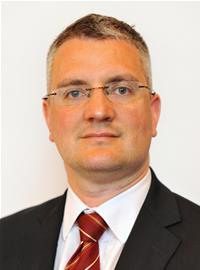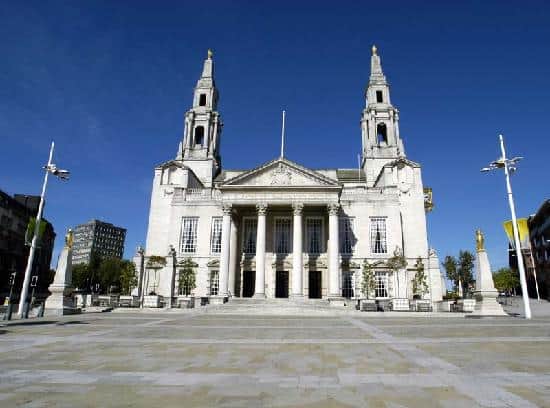By Don Mort, local democracy reporter
Multi-million pound savings to help the local authority balance its budget have been agreed by councillors.
Leeds City Council will reduce spending by almost £104m by the end of the next financial year.
Job losses and the sale of buildings were among measures discussed at a full council meeting.
The future of 56 children’s centres will be put under review and council tax is set to rise by 4.99 per cent.

Councillor James Lewis, leader of the Labour-run council, said: “Councils are required to set a balanced budget. If councils can’t, then the power to make decisions is taken away from them.”
Councillors were told the rising cost of looking after vulnerable children and adult social care were among the main cost pressures.
Coun Lewis, who represents Kippax and Methley, said: “This is the legacy we are dealing with. The cost of supporting the most vulnerable continues to grow.”
The council proposed to close Abbey House Museum in Kirkstall, and reduce funding for neighbourhood networks, which help elderly people live independently, by ten per cent. But those measures were avoided after an extra £67m in central government funding for Leeds was announced.
Deputy council leader Debra Coupar said the financial situation facing councils was expected to improve.
She said: “We are finally in a position where we’ve got more money from government than we expected.”
The council will press ahead with the closure of the city’s Child Bereavement Support Service. A contract with Child Bereavement UK to support families will not be renewed.
Coun Lewis said other services run by charities in Leeds would continue to support youngsters and parents.
More than 60 amendments to the council’s budget proposals were tabled by opposition councillors at the meeting at Leeds Civic Hall.
The council was asked to scrap parking charges at parks around the district and outsource services to cut costs. But all the alternative proposals were voted down.
Councillor Alan Lamb, leader of the city’s Conservative group, said: “The council has become too big, too bossy and too bureaucratic.
“Our services are struggling, our roads are crumbling and people feel they are paying more while getting less.”
The meeting was told the equivalent of more than 230 jobs would be lost at the council, mainly through voluntary redundancies.


The article advises that a large part of the increase of the councils budget is due to the rising cost of looking after vulnerable children. Realistically, shouldn’t the question for the council to be answering is why are there so many vulnerable children in the city and how can this situation be rectified.